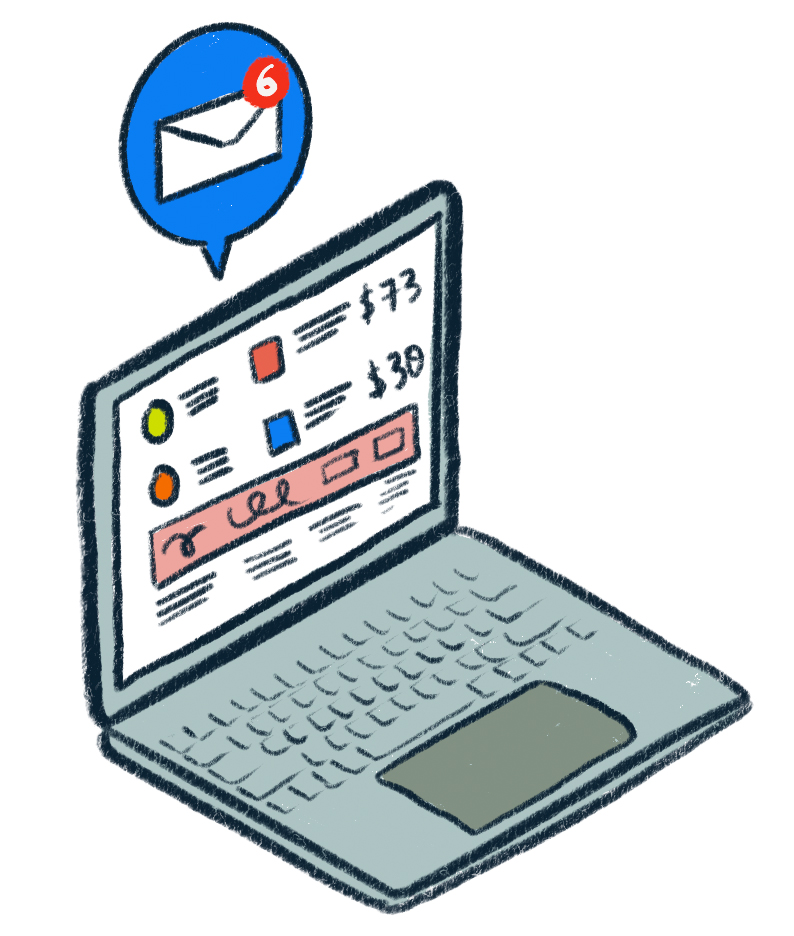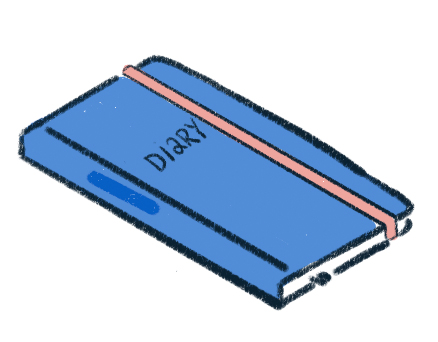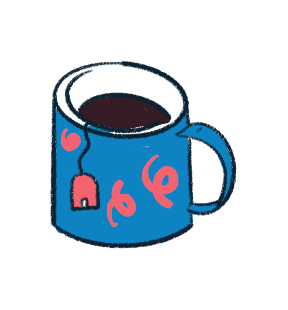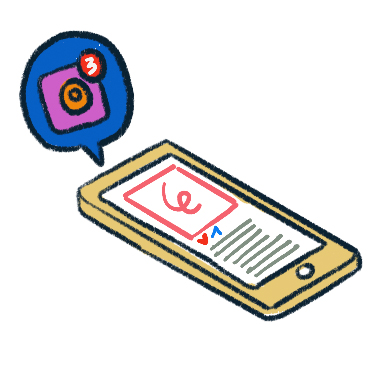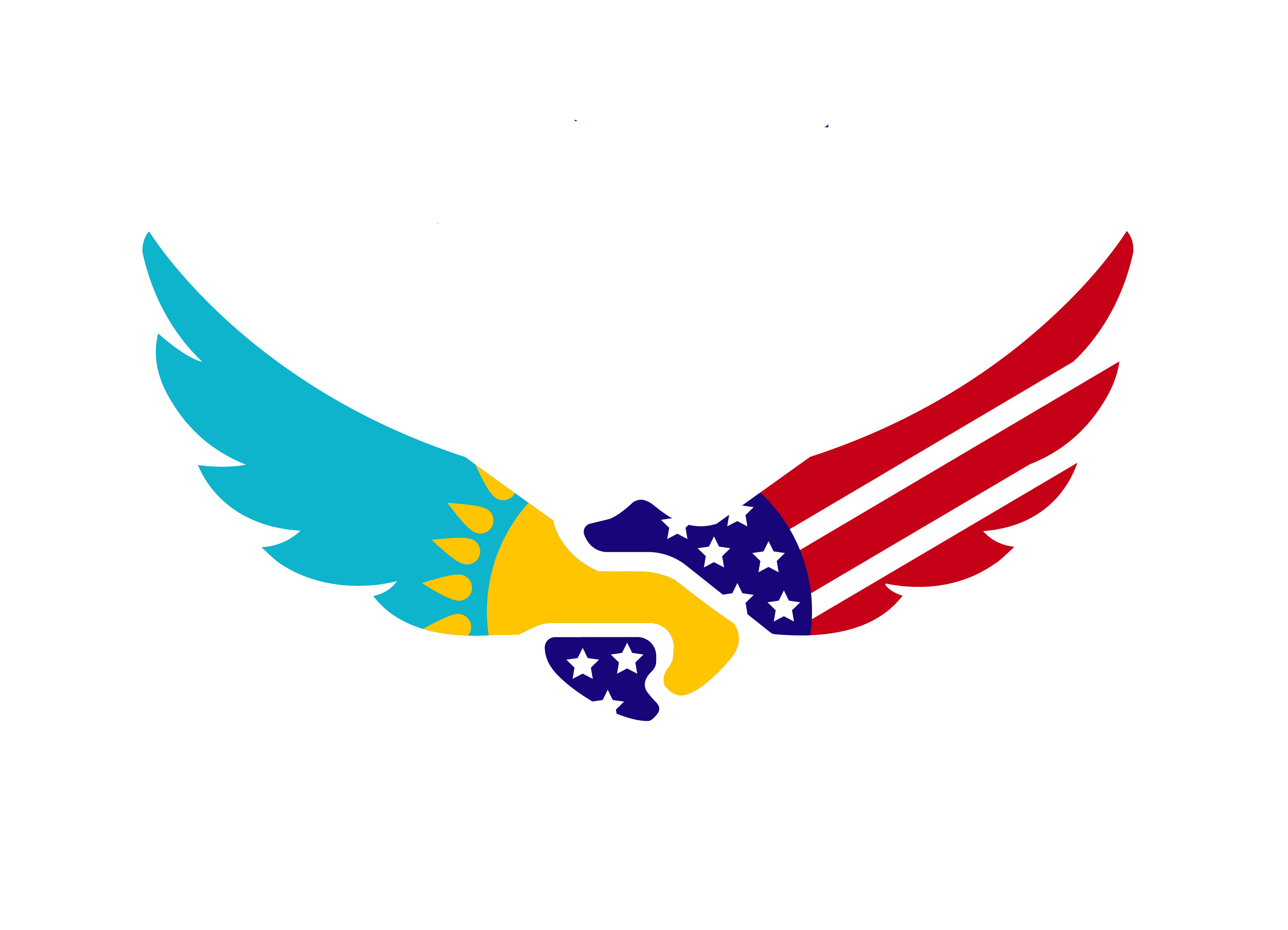Personal stories: Freelancers and their personal “baobabs.”
Aliya Dzhimran
February 16th, 2021
I’m a freelancer. I’ve worked from coworking spaces and cafes, park benches and Black Sea beaches, planes and trains, picnic blankets, supermarket checkouts and playground swings. I can really work from anywhere — as long as things turn out alright.
Of course in theory you can work in the most trying of conditions, surrounded by stomping children and a house full of relatives. But even if you’re the reincarnation of Buddha, you won’t last long. Antoine de Saint-Exupéry’s Little Prince said that if you don’t take the time every day to weed out the bad seeds, then you won’t notice they’ve grown into big baobab trees until it’s too late, their roots tearing the little planet to shreds. Freelancers have their own baobabs. And they need to really keep an eye out, so that on Planet Freelance the work/life balance stays in harmony.
When I started working on this story, I decided not just to share my own experience, but to also talk to two more young women who also work, or have tried to work, as freelancers. Each one of us has our personal baobabs.
Not having a proper work schedule and a place to work is the number one baobab for any freelancer
Story #1
About writing. Before heading out on my own, I made careful preparations, building up my nest egg for a couple of years. But to this day, in the eyes of those around me, I still look a bit silly. I still find that surprising, though — if anything, the Covid pandemic has shown the world the benefits of freelancing and working remotely. And even more, it’s made a crack in the system, exposing its weaknesses.
Baobab #2 is not having the right self-discipline, and this is something that requires extra effort
Story #2
“I tried my hand at freelancing back when I was a university student. I wrote for several different publications, which is totally normal for journalists. It’s actually pretty rare for a journalist to work on only one project. It’s really more like a part-time job than freelancing - you work whenever you get free time, after classes, at night, on the weekends. But in terms of working outside the office, it’s the same idea.
After I finished grad school in England, I went to work for some major corporations in Kazakhstan. I changed jobs several times, and managed to work at the sovereign wealth fund Samruk-Kazyna. Keep in mind that when you work at state-owned companies, you have to understand the Kazakh context. There’s always feuds, people fighting over who gets what share of the pot. It’s often the case that if you’re in a top position, like head of a department, you need strong support. I was put in a lot of unpleasant situations where it made more sense just to quit and keep my sanity. Working within the system, I couldn’t imagine finding success, staying interested, or getting any satisfaction out of it at all..
By that time, I was already in a stable relationship with my future husband. We wanted to go to India for a month and a half. That's when I started thinking about freelancing. I already had clients, people knew me, and my services were in demand.
It’s when I was in India that I realized that it wasn’t that easy for me to get work done outside the office. I watched how my husband, Ben, could stay productive, even when it was sunny outside and the vibe was easygoing. But I just couldn’t. When I’m not in an office, I have problems with concentration and discipline. Maybe I just need a specific workplace? I blamed it on that.
I had a lot of clients, and was getting invited to plenty of projects. But I couldn’t feel that there was any structure - I didn’t have a boss managing me from above, and I didn’t have any employees to manage below me. I couldn’t see the whole picture; instead, I saw separate shreds that I needed to work on.
Now I’ve realized that the best thing for me is to hold down a stable office job while having personal projects on the side. After two years passed, I received a UK work permit and immediately started looking for office work. I had a conscious desire to work somewhere with schedules, with structure, and with a range of responsibilities.
Baobab #3 is not feeling passionate about your freelance work
Story #3
“Officially, I’m actually still on staff at Gazpromneft as the head of management in the Department of Organizational Development. I went on maternity leave and could go back to the office. My job there was to optimize work processes - basically, it’s about creating efficiency within a large corporation.
My transition to freelancing turned out to be very gentle. I had the perfect career, a big salary, interesting things to do, cool coworkers. But occasionally I felt like leaving so that I could work on my own self-development. After I got a nice position and a good salary, I started to torture myself with the question, “But what now?”
What I like most about my new arrangement is the flexibility - I only take on as much work as I can finish. I set a price based on what I invest into the project and that I feel is fair. I can adjust everything to my own needs, not just to the needs of the people I’m working for.
And with freelancing, you can really feel the effect of earning something - you do your work, the customer pays for it and you take this money and ... I don’t know, buy some apples. You can feel directly how your efforts are transformed into actual money. And that makes me happy. When you’re working in an office, you don’t feel that. Getting a paycheck at the end of the money is a different story.
Another thing that’s hard is that when you freelance, you’re constantly working hard. With an office, you can leave and go live your life. And when you’re a creative person, it is difficult to just go try something else. I worry a lot, overthink things and then get tired. Another challenge is combining freelancing with parenting. During quarantine the kids were with me 24 hours a day, just “wash-clean-cook.” Now they’re in kindergarten.
A lot of the times there are difficult moments, like when the kids are staying at home and I have a lot of work to do, and it can be very hard. I try to balance my work with the time I spend with my kids. If you mix it up, you’ll only end up frustrated - you’re not with your kids, and you haven’t finished the work you wanted to do. Or if you only deal with kids, family, chores, you get burned out. Just being a mom isn’t enough for me.
